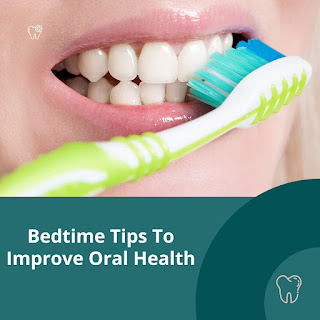Dental extraction
Dental extraction, also known as tooth extraction, is a dental procedure where a tooth is removed from its socket in the jawbone. This procedure may be necessary for several reasons, such as tooth decay, gum disease, trauma to the tooth, or overcrowding. If you are scheduled for a dental extraction in South Whelington, here’s what you can expect and how you can prepare. The Brownfield dentist in Brownfield is conveniently located near to the Brownfield Sport Complex and Coleman Park is the best option available and best Dental Expert near you.
Before the Procedure
Before the procedure, your dentist will examine your teeth and take an X-ray to determine the best approach for removing the tooth. You will also be asked about your medical history, medications, and allergies to ensure that you are a suitable candidate for the procedure. Your dentist may prescribe antibiotics or painkillers to take before or after the procedure to prevent infection and alleviate pain.
During the Procedure
On the day of the procedure, your dentist will numb the area around the tooth with local anesthesia. If you are anxious or nervous about the procedure, your dentist may also offer sedation options such as nitrous oxide (laughing gas) or oral sedatives to help you relax. Once you are numb and comfortable, your dentist will use specialized instruments to loosen the tooth and gently remove it from its socket. In some cases, the tooth may need to be divided into sections before it can be removed.
After the Procedure
After the procedure, your dentist will provide you with detailed instructions on how to care for your mouth and minimize any discomfort or swelling. You may need to bite down on a piece of gauze for several hours to help stop any bleeding. You should also avoid smoking, drinking alcohol, and using a straw for at least 24 hours after the procedure, as these activities can delay the healing process and increase the risk of complications.
You may experience some discomfort, swelling, or bleeding in the days following the procedure. Your dentist may recommend over-the-counter painkillers, such as ibuprofen or acetaminophen, to manage any discomfort. You should also eat soft, cool foods and avoid hot or spicy foods for several days.
In conclusion, dental extraction is a common dental procedure that can help alleviate pain and prevent further damage to your teeth and gums. By following your dentist’s instructions and taking proper care of your mouth after the procedure, you can minimize any discomfort and ensure a smooth recovery.
Call us at (806) 636-5555 ,Mail us at : brownfielddental@gmail.com
or visit https://brownfielddentaltx.com/home to schedule your appointment.


.jpg)

You have given great content here.Tooth Extraction Mississauga I am glad to discover this post as I found lots of valuable data in your article. Thanks for sharing an article like this.
ReplyDelete